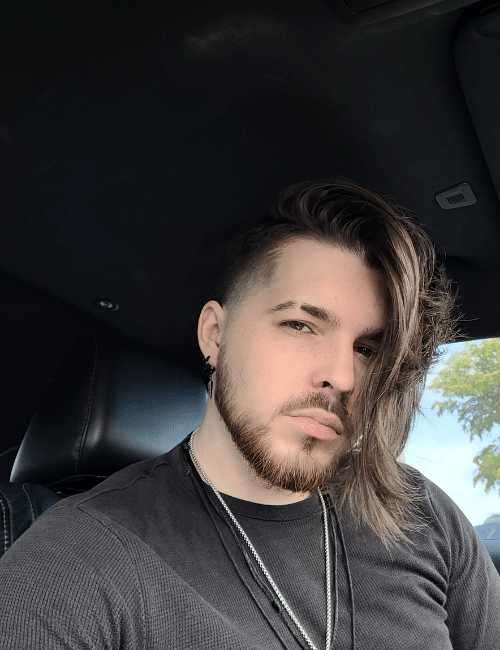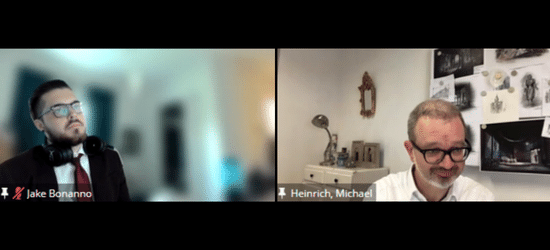





Internship Highlights
Dr. James Giordano
The Creative Brain
Mind-Body Interventions
Experts & Mentors

I had the chance to work and collaborate directly with Dr. James Giordano, Chief of Georgetown University’s Neuroethics Studies Program.
In addition to his involvement with a variety of educational institutions, Dr. Giordano is the author of over 350 publications in neuroscience and neuroethics.
During our first meeting, Dr. Giordano guided us through an exploration of our own brains, minds, and selves, probing for the problems, meanings, and questions within the world that surrounds us.
In subsequent meetings, Dr. Giordano frequently prompted both introspection and extrospection to encourage familiarity with the our own minds, as well as our environment, and how the two can interact to our benefit.

I had the opportunity to discuss stimulating creativity with brain science with Dr. Adam Green, the Director of the Lab for Relational Cognition at Georgetown University.
Dr. Green maintains that creative insights are “the product of connections made between things other people didn’t put together,” and we explored the neurological foundations of this theory.
In this sense, creativity becomes an exchange between connecting and disconnecting from memory, as memory is imperative to accessing a starting point and a frame of reference.
This disconnection allows people to generate a new path from the same beginning. One must be able to recognize what they currently know in order to stray from it.

Mind-Body Interventions are utilized for the treatment, wellness, and enhancement of the mind and brain. These interventions can be categorized into “low-tech” and “high-tech” mind-body Interventions.
“Low-tech” mind-body Interventions allow you to modify the interactions between the brain and mind through accessible and non-invasive techniques.
In contrast, “high-tech” mind-body Interventions are less accessible and can involve invasive procedures.
This new knowledge allowed me to assess the intersection between brain, mind, and body and how they can work together to improve the wellbeing of an individual.

Along with Dr. Giordano, I had the opportunity to work closely with Dr. Justin Rossi, who taught us about the research proposal we would need to design and develop.
Dr. Rossi introduced us to the social, historical, and pathological understandings of what constitutes “normal,” as well as how we see spectrums and selection in the range of global health contexts.
In addition to Dr. Rossi, my team met directly with Carmine Carullo, former Planning and Performance Manager at ExxonMobil and current Manager of Medicine and Occupational Health, and Bill Stefan, a senior executive in the U.S. Federal Government.
Mr. Carullo and Mr. Stefan spoke of resilient leadership and how to adapt and endure in a wide array of high-pressure environments.




